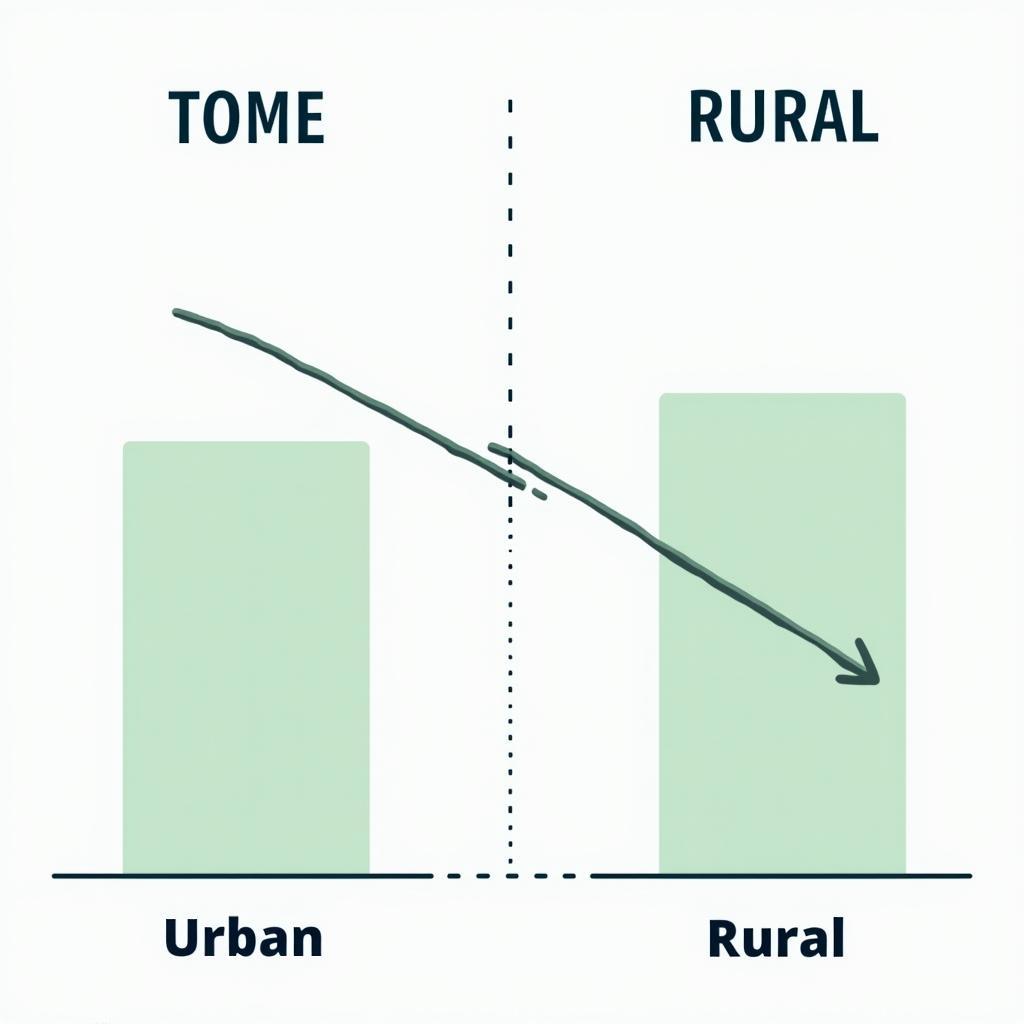The topic of government incentives for rural relocation has appeared in several IELTS Writing Task 2 questions between 2019-2023, particularly in Asia-Pacific test centers. Based on trend analysis, this theme is likely to recur in future tests given its relevance to urbanization challenges globally.
Analysis of Task 2 Question
Some people think that governments should provide incentives for people to move to rural areas to reduce overcrowding in big cities. To what extent do you agree or disagree with this view?
This is an agree/disagree essay that requires:
- Clear position on government incentives for rural relocation
- Well-developed arguments supporting your stance
- Relevant examples and explanations
- Logical conclusion

Band 9 Sample Essay
The suggestion that governments should incentivize rural relocation to address urban overcrowding is a complex policy proposal that I partially agree with, though I believe its effectiveness depends heavily on implementation.
Government incentives for rural migration could yield several positive outcomes. Firstly, such policies could help revitalize declining rural economies by bringing in new residents who contribute to local businesses and services. For instance, Japan’s “rural revitalization” program has successfully attracted young professionals to smaller towns by offering housing subsidies and business startup grants. Additionally, reducing urban population pressure could lead to improved living conditions in cities, with less strain on housing, transportation, and public services.
However, there are significant limitations and potential drawbacks to consider. Many people choose urban living for access to specialized job markets and educational opportunities that rural areas simply cannot replicate. Moreover, the cost of providing sufficient infrastructure and services in rural areas to make them attractive for urban residents could be prohibitively expensive for governments. The Australian government’s regional development initiatives, for example, have shown that substantial investment in telecommunications, healthcare, and transportation infrastructure is necessary to make rural areas viable alternatives to cities.
A more nuanced approach would be more effective. Rather than broad incentive programs, governments should focus on developing selected rural hubs with existing potential for growth. This could include areas near universities, tourist destinations, or those with unique natural resources. Additionally, improvements in remote working capabilities could make rural living more feasible for urban professionals without requiring complete relocation of economic activities.
In conclusion, while government incentives for rural relocation have merit, they should be part of a broader, more targeted strategy for balanced regional development rather than a standalone solution to urban overcrowding.
Band 7 Sample Essay
I believe that government incentives for rural relocation can be beneficial but must be carefully planned to be effective.
One major advantage of encouraging people to move to rural areas is that it can help reduce the pressure on city infrastructure. When fewer people live in urban areas, there is less congestion on roads and public transport. For example, in China, some local governments offer housing subsidies to people who move to smaller towns, which has helped decrease overcrowding in major cities like Beijing and Shanghai.
Furthermore, rural areas can benefit from new residents bringing skills and economic activity. People moving from cities often start businesses or bring professional expertise that can help develop rural communities. They might open shops, restaurants, or provide services that were previously unavailable in these areas.
However, there are some challenges to consider. Many people prefer city life because of better job opportunities and access to modern facilities. Without proper infrastructure development in rural areas, incentives alone may not be enough to convince people to relocate. Additionally, some rural communities might struggle to accommodate a sudden increase in population.
In my opinion, governments should provide incentives but also focus on improving rural infrastructure and creating job opportunities. This could include building better schools, hospitals, and internet connectivity to make rural areas more attractive for city dwellers.
Scoring Analysis
Band 9 Essay Features:
- Sophisticated argument structure
- Advanced vocabulary: “prohibitively expensive,” “revitalize,” “nuanced approach”
- Complex sentence structures
- Clear examples and specific details
- Cohesive development of ideas
Band 7 Essay Features:
- Clear position
- Good examples but less sophisticated
- Simpler vocabulary and structure
- Basic but effective organization
- Some advanced expressions
Key Vocabulary
- revitalization (n) /riːˌvaɪtəlaɪˈzeɪʃən/ – the act of making something stronger or more active
- prohibitively (adv) /prəˈhɪbɪtɪvli/ – to an extent that prevents something from happening
- infrastructure (n) /ˈɪnfrəstrʌktʃər/ – basic physical systems of a country
- congestion (n) /kənˈdʒestʃən/ – overcrowding in an area
- subsidies (n) /ˈsʌbsɪdiz/ – money given by government to help reduce costs
For practice, try writing your own essay about whether relocating government offices to rural areas could help reduce urban overcrowding. Share your essays in the comments for feedback and discussion.